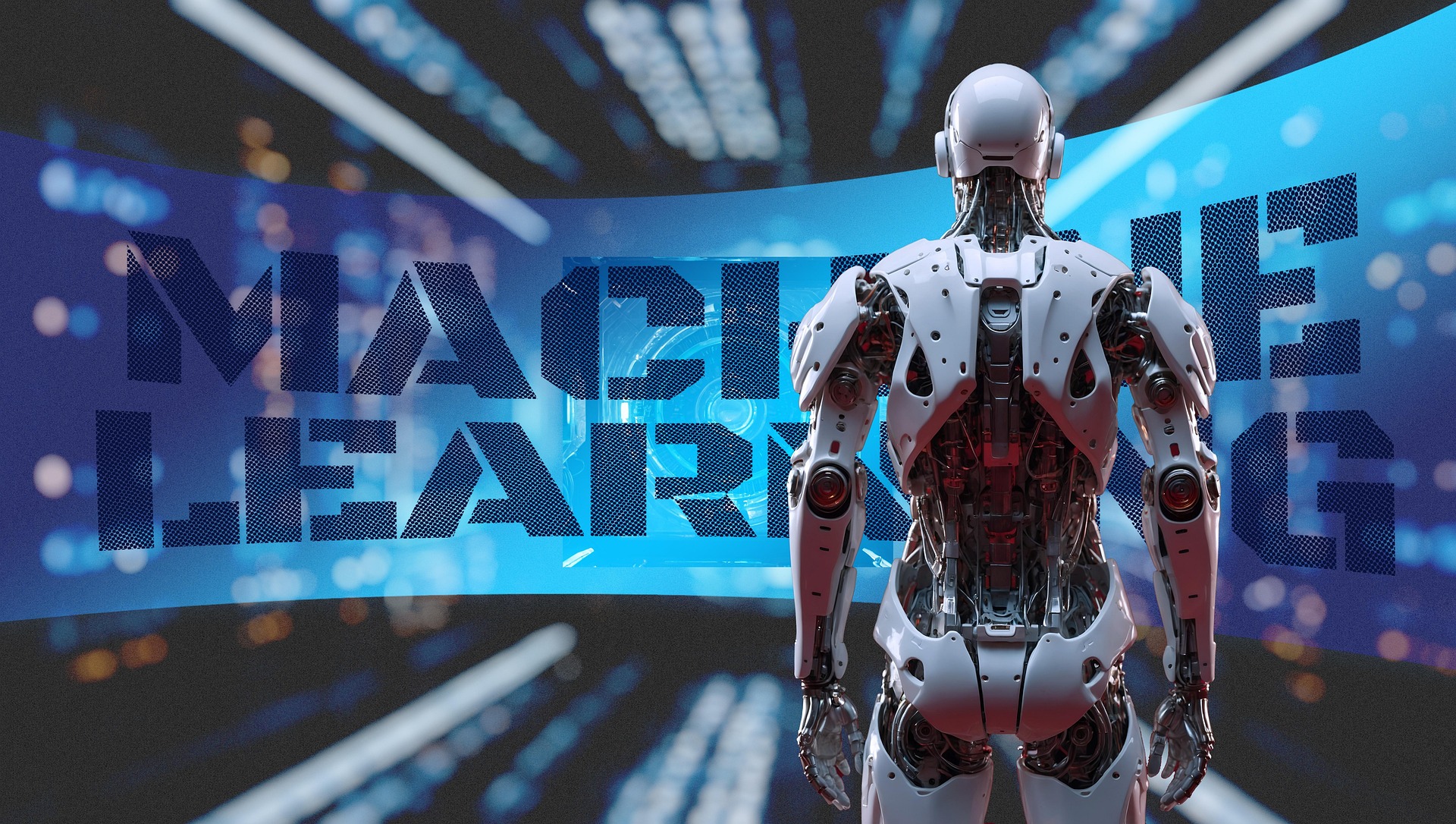On June 23, 2025, a US District Court judge delivered a significant ruling that has major implications for how AI companies can train their models on copyrighted content. The decision represents a measured victory for AI companies in what has become a landmark copyright case involving artificial intelligence.
The lawsuit was filed in 2024 by three prominent authors: Andrea Bartz, Charles Graeber, and Kirk Wallace Johnson ([Bartz v. Anthropic PBC, Case 3:24-cv-05417-WHA (N.D.Ca.)]. The authors alleged that Anthropic used the contents of millions of digitized copyrighted books to train the large language models behind their chatbot, Claude, including at least two works by each plaintiff. The suit alleged that Anthropic built a “multibillion-dollar business by stealing hundreds of thousands of copyrighted books”. Central to the case was Anthropic’s use of approximately 7 million books obtained from various sources, including some from unauthorized piracy websites like Library Genesis and Pirate Library Mirror. The authors argued that this constituted massive copyright infringement that undermined their ability to profit from their creative work.
Judge William Alsup ruled that Anthropic did not infringe the copyright of the authors used to train its AI models. The decision described transformative use as the significant alteration of original works to create something new and different, specifically emphasizing that the use of books for training AI models is highly transformative. It highlighted that this transformative aspect weighs heavily in favor of fair use protection, as it changes the original material’s purpose and creates a new value, rather than merely copying or exploiting the work. The ruling indicates that courts may view AI training as similar to other accepted forms of learning from copyrighted material, rather than as simple copying or reproduction, and opens a potential pathway for AI companies to train large language models on copyrighted works without authors’ consent, but only if copies of the works were obtained legally.
However, the ruling was not a complete victory for the AI company. The court did not set a precedent since its analysis was extremely fact specific, and the court made an important distinction between two different uses of copyrighted material. Regarding the actual training of AI models on copyrighted books, Judge Alsup found that in this case using copyrighted books to teach an AI to respond to new prompts with original text output was “quintessentially transformative”. The court noted that authors cannot exclude others from using their works to learn, observing that for centuries, people have read and re-read books, and that the training was for the purpose of creating something different, not to supplant the works. Nonetheless, the court drew a sharp line when it came to Anthropic’s creation of a permanent digital library from pirated books. Judge Alsup ruled for the authors on this point because Anthropic downloaded millions of copies for free and expects to retain them forever, finding that “every factor points against fair use”.
The decision represents a significant win for AI developers who have argued that training on copyrighted material is essential for creating useful AI systems. At the same time, it sends a clear message that using pirated content remains legally risky, even when the ultimate purpose might be considered transformative. The Bartz v. Anthropic ruling may influence how other courts handle similar cases involving AI training and copyright. While each case will turn on its specific facts, the decision provides important guidance on how judges might weigh the competing interests of copyright holders and AI developers in the rapidly evolving technological landscape.





